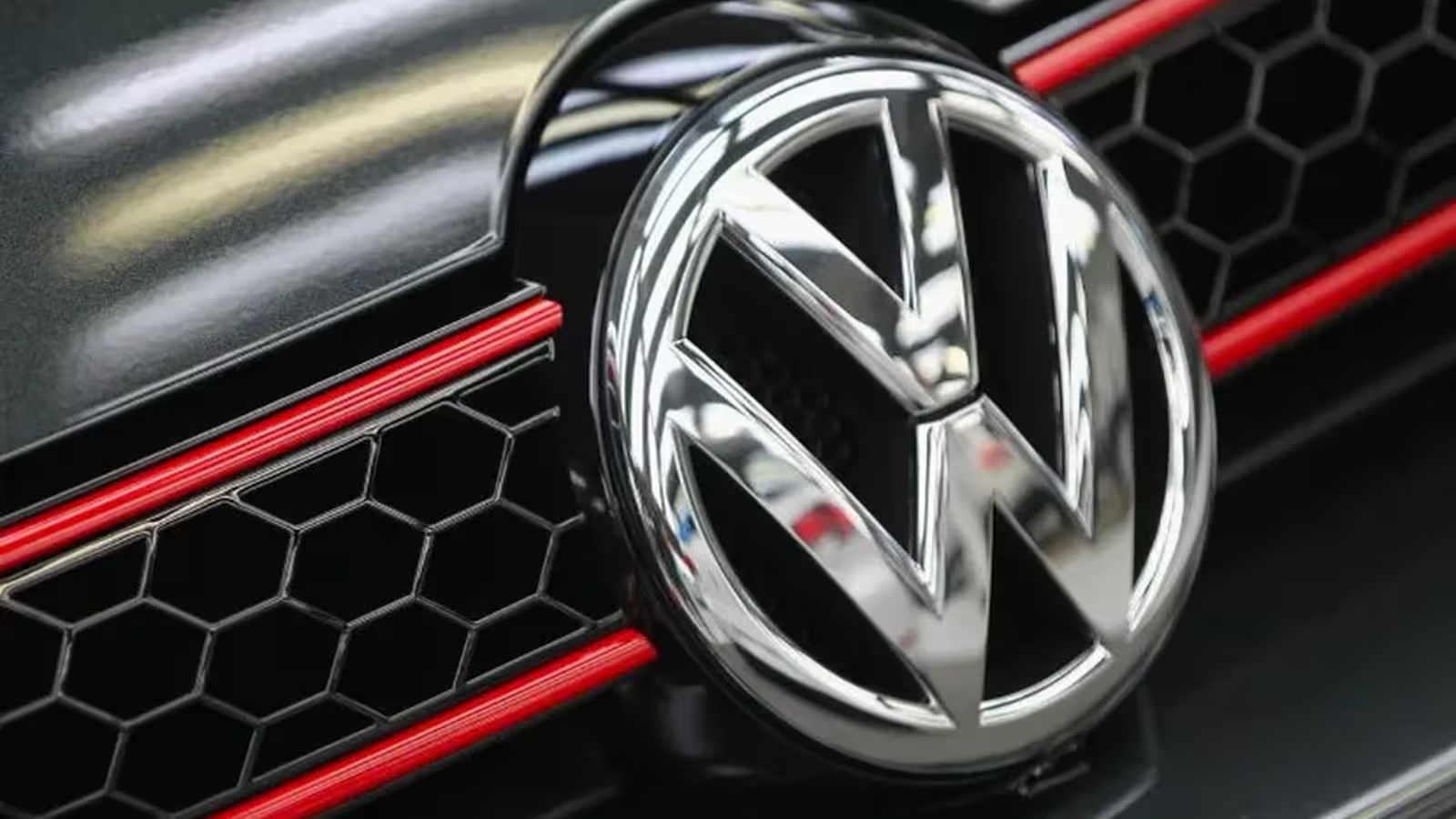3 Minutes
The Verdict That Changed European Automotive History
In a groundbreaking legal decision that shook the automotive industry, four former Volkswagen executives have been found guilty and sentenced to prison for their involvement in the infamous Dieselgate scandal. This trial, held over three years in Braunschweig, Germany, marks the final chapter of a saga that has fundamentally reshaped the European automotive market and the global perception of diesel vehicles.
Dieselgate: The Scandal and Its Unfolding
At the heart of the controversy was Jens Hadler, once head of diesel engine development at Volkswagen. He, alongside his team, developed and implemented software designed to detect emissions testing, temporarily altering engine performance to pass inspections while emitting excess pollutants during everyday use. The court classified this deception as "particularly serious," resulting in a harsh 4.5-year prison sentence for Hadler and similar penalties for his colleagues.
Market Impact: Diesel Cars Lose Their Grip
Before 2015, diesel cars accounted for more than half of new car sales in Europe. Marketed as environmentally friendly and fuel-efficient, these vehicles enjoyed widespread popularity. However, the Dieselgate revelations dramatically changed public opinion and regulatory approaches. Today, diesel vehicles represent only around 10% of new car sales in Europe as consumers and policymakers turn away from internal combustion engines.
Accelerating the Shift to Electric Vehicles
The aftermath of Dieselgate has been a catalyst for rapid change in automotive technology and market dynamics. Sales of electric vehicles (EVs) and hybrid cars have surged, now making up 25% of all new car sales across Europe. Volkswagen has responded by reinventing itself as the region's largest electric vehicle manufacturer, leading innovation in EV design, performance, and sustainability. Electric models now boast impressive range, fast charging capabilities, and advanced driver-assistance systems, positioning themselves as strong competitors to both traditional diesel and gasoline counterparts.
Design, Innovation, and Positioning in a New Era
The evolution from diesel to electric has driven automakers to enhance vehicle specifications, improve aerodynamic design, and invest heavily in battery technology. As a result, today’s EVs offer superior acceleration, lower emissions, and increasingly competitive pricing. Brands like Volkswagen have redefined their market positioning, targeting environmentally conscious consumers and tech enthusiasts while setting new standards in the industry.
Conclusion: A New Chapter for Europe's Automotive Sector
This landmark court ruling not only closes a decade-long legal battle but also signifies a turning point for both car manufacturers and buyers. The European car market has moved decisively towards electrification, innovation, and sustainability, with Volkswagen and its rivals investing in the cars of tomorrow. For car enthusiasts and industry followers alike, this case stands as a defining moment—reminding us of the lasting impact of ethics, regulation, and technological progress on the world of automobiles.


Comments